Wednesday, December 20, 2006
REVIEW QUESTIONS
1. Elie Weisel's childhood home was in Sighet, Transylvania.
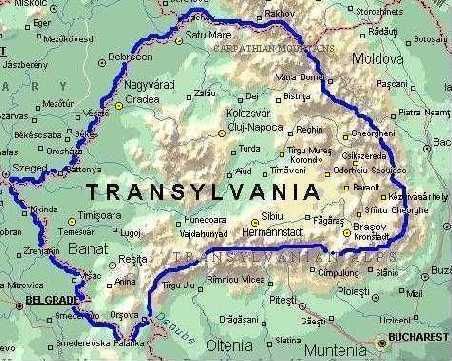
2. The cabala is or rather, referrs to a collection of mystical and ethical Jewish writings, mostly dating from the medieval period. It consists of a good part of speculative and symbolical interpretations of Hebrew scriptures.
3. The truths that Weisel was referring to were the truths about the human race, why we do what we do, and ever the more information and investigation into his faith and his God. The kind of truths that Weisel was ignorant of were those that dealt with the fact that not all humans treat others with kindness, and that you cannot control what others say, do, and/or think.
4. Moshe the Beadle was a significant figure in the novel because he taught Elie all that he wanted to know about the cabala and about thier religion and faith. What he tells Elie about answers, questions, and the truth is that you have to search for what you want to find it. Moshe was prescient in his admonition to Elie because he had seen the horrors that were to come to them, (the Jewish,) if they did not leave as he was informing them to do.
5. The people of Sighet ignore Moshe the Beadle after his escape because they are naive, and believe that what he is telling them is very far from the truth. They do not listen to him because they believe he is crazy, and they do not want to believe that what he is saying is true.
6. Madame Schatcher is the lady boarded on the "Jewish train" on thier way to Auschwitz. She is considered "crazy" by the people in the train because of what she says. People do not listen to her however, and this is how she is similar to Moshe the Beadle. Her "prophesies" are not believed by the passengers on the train.
7. This passage was all about the experiences which led Elie Wiesel to lose faith in his God, to lose faith in his people, to lose faith in himself. This is a paragraph in which he expresses his strong feelings towards his experiences during the holocaust.
8. Basically, this passage was about young Elie's emotional outcome, and his emotional scarring after the holocaust had ended. This is about how he will never forget the horrors that happened to him and his family. For as long as he shall live, he will always remember.
9. Throughout Night, Elie first believes that there IS a God, and that He is always constantly present, no matter who you are, what you've done, or where you've been. However, while in camp, his view of a god changes. He then believes that if there was in fact a "GOD" then this concentration camp would be non-existent. That 'How can God let this camp run on, if in fact, there is a God?'. Other people in the camp thought otherwise; that there IS a God, and that He is using this camp to test their faith.
10. The literal meaning that night has in Night is that it is simply dark outside, time for sleep and rest. However, the figurative, or symbolical, meaning that night has in Night is much more complex and intricate. What night stands for is the darkness that surrounds the Jewish and the oppressed. The emptiness that these people felt, the feeling of being alone in the world with no-one there beside them, to help and guide them from this madness, this ludacris idea and plan that Adolf Hitler was carrying out.
11. Night in my opinion is a very small novel because Elie Wiesel first, did not wish to relive all of the horrors that the holocaust put upon him, and secondly, that he did not wish to give all details of his time there, that some things were meant for others to read and learn about, and that other things were simply meant to be buried in the minds and thoughts and hearts of those who witnessed and lived through them.
12. Night can be interpreted as both a memoir of tragedy and of triumph. Tragedy because of the understated horrors that occurred during the holocaust and those specifically mentioned in the novel. Triumph because of the courage and the strength it took those survivers to keep going, to keep living, to keep alive, to survive.
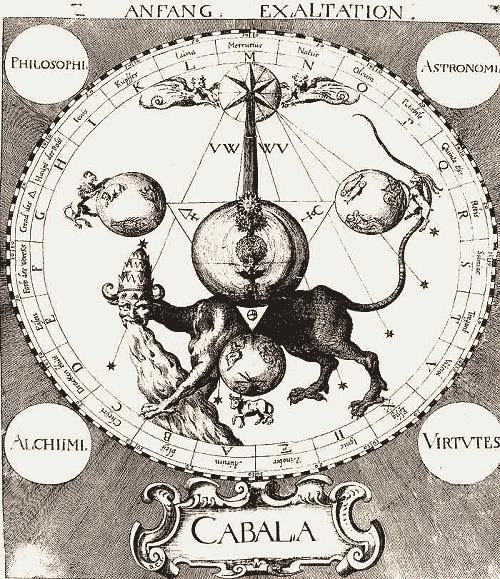

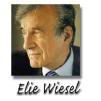
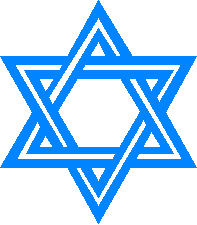

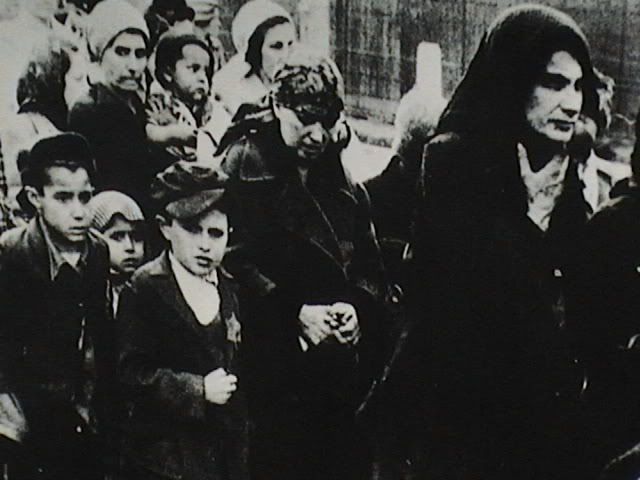



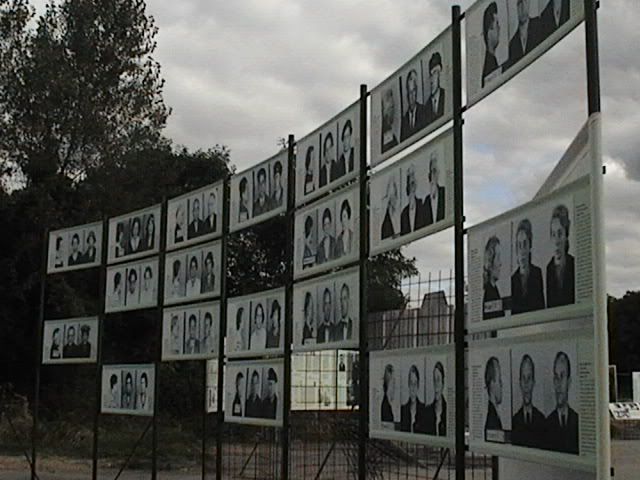
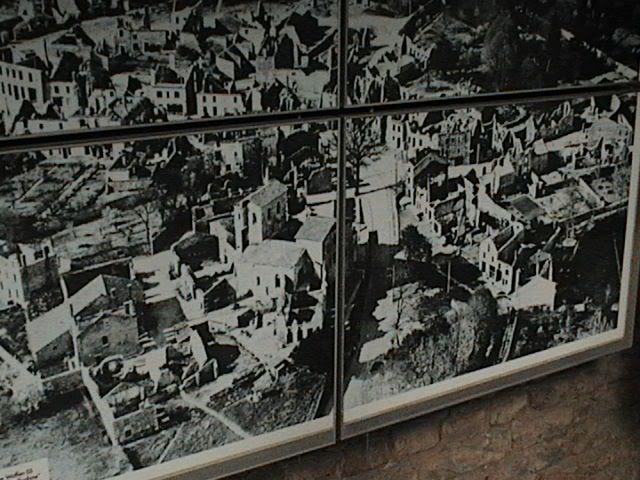
Read or Post a Comment
<< Home